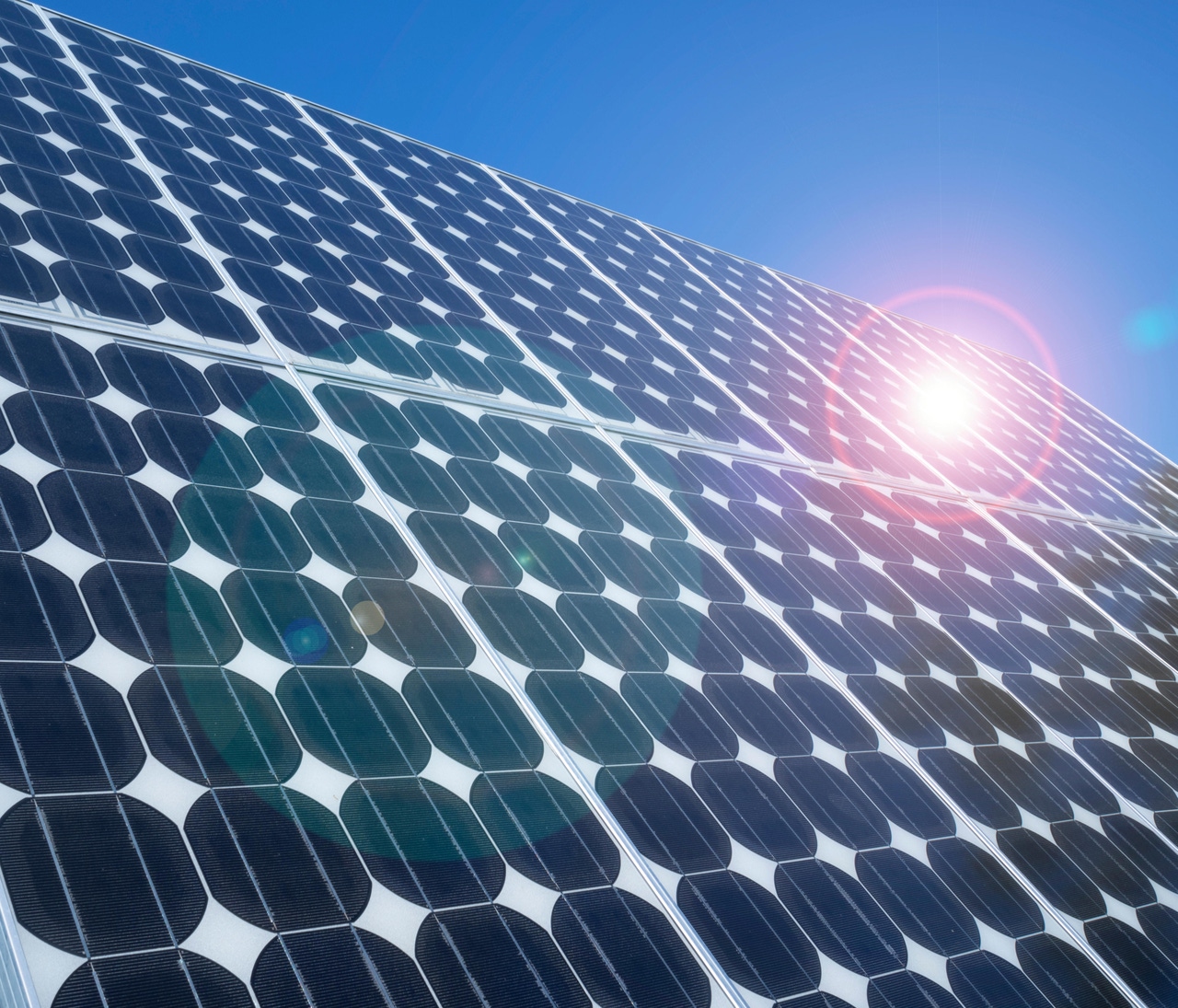Tech and Ingenuity Supercharge a Sustainable Hotel
Hotel Marcel in New Haven, Conn., has become the first net-zero hotel in the U.S. by relying on renewable energy. Learn about technologies that went into the hotel’s development.

Automation, emissions analysis, upgraded technology, cloud computing, and artificial intelligence – these are just a handful of ways that businesses are promoting sustainability and reducing greenhouse gasses.
Hotel Marcel, based in New Haven. Conn., wants to lead the way when it comes to sustainability in the hospitality sector. With this goal in mind, a team of eco-conscious design, architecture, and technology experts have built the first net-zero hotel in the United States. Hotel Marcel is also one of only 10 LEED (Leadership in Energy and Environmental Design) Platinum-certified hotels in the country. Since its opening in 2022, the hotel has won countless awards related to its sustainability.
Hotel Marcel had a long life before becoming what it is today. It started life as the Armstrong Rubber Company Building in 1968. After a period of vacancy started in the late 1990s, the building was listed on the Connecticut Register of Historical Places in 2020 and then the National Register of Historical Places in 2021. Those designations added challenges for converting the building into an eco-friendly hotel. But with a steadfast vision by lead architect, developer, and owner Bruce Becker, along with partner Sinclair Digital, the hotel is now a model for those that follow.
Renovated Hotel Relies on Renewable Energy and Microgrid Technology
The details are impressive. The hotel reused as much of the existing infrastructure as possible during a full renovation. To meet its goal of generating all its power, the hotel relies on renewable solar power onsite to produce electricity for the entire property. Engineers also installed triple-glazed windows for efficient insulation; a heat pump system for hot water, space heating, and cooling; and elevators that generate their own electricity. Even the hotel’s laundry room runs on renewable electricity instead of natural gas.

solar-panels_8
While some of these measures, like coated windows and renewable building materials, were right in Becker’s wheelhouse, other, more technology-driven features were less so. Early in the process, Becker’s team installed an energy-efficient, DC-powered microgrid for the hotel’s converters, microcontrollers, and batteries. The localized, solar-powered DC microgrid runs independently of the main power grid and is powered by an Ageto ARC controller, which enables grid services and resilience sequencing.
Becker knew from learning about other sustainable hotel endeavors like the Sinclair Hotel of Fort Worth, Texas, that low-voltage Power over Ethernet (Poe) would make a significant difference. Unlike high voltage power, low voltage uses less electrical current and sends power and controls on the same cable, reducing the amount of infrastructure required and resulting in greater energy efficiency. These systems also operate at levels of as low as 24 volts, making them safer and installable without an electrician.
“Our engineers visited the Sinclair Hotel to see how PoE would work in a hotel setting,” Becker said. “We were very keen on using it for lighting and intelligent occupancy sensors and integrating it with mechanical blackout and sheer shades to create quiet, dark, and efficient rooms.”
Installing Lantronix Switches
At the same time, the Sinclair organization, now called Sinclair Digital, was expanding from its role as a traditional hotel developer to a consultant that partners with hotel developers to choose and implement PoE and other energy-saving technologies.
To enable PoE throughout Hotel Marcel, Sinclair Digital advised implementing Lantronix’s Smart Managed Gigabit PoE++ switch, which would support direct, high-voltage DC power and the latest PoE standard.
“After we did the Hotel Sinclair, we learned about Lantronix,” explained Sinclair Digital COO Hannah Walker. “We knew that it was increasing the power of its technology to 90 watts as opposed to 60 watts, which meant that if you had a network switch with 24 ports, you can now pass 90 watts per port, which gives you a lot of capacity.”
In keeping with the low-voltage theme, Sinclair also installed VoltServer Digital Electricity to power the Lantronix switches. This enables the switches to safely transport DC power at high wattages over long distances on Class 2 wiring. Digital Electricity is a low-voltage technology but has the power and distance capabilities of AC by splitting energy into packets and transmitting them every second by the hundreds from a transmitter to a receiver unit.
Racks of switches now populate four original electrical closets throughout the property, connected via fiber run between the floors. The switches power lighting and motorized window treatments and are integrated with the HVAC system. Becker said that the hotel’s 55 PoE++ switches have reduced lighting energy use by more than 30%.
Emergency Battery Backup System
Next up was comprehensive emergency battery backup for the entire hotel, including emergency lighting, elevators, and stairway pressurization. While emergency battery backup was a fairly new concept, Walker recommended going the extra mile because of its significant energy savings.
“All of the systems we use today in buildings are DC inside, so all renewable energy generates in DC,” Walker explained. “But every time you transport it in AC, you lose 15% of efficiency, and it adds up.”
The team chose a battery developed by Sinclair and LG Electronics. The massive Lithium Ion battery, designed to replace energy-hogging diesel generators, can be recharged with solar panels via a microgrid.
Grand Opening
With everything in place, the hotel opened last spring. Five-star ratings populate virtually every hotel booking and review site.
Becker ensured all systems were metered to help the hotel stay on track with its sustainability goals and LEED Platinum requirements. Both the Lantronix and VoltServer equipment have in-line metering capabilities and associated software. Becker and Walker will consider adding an energy monitoring system to better determine energy usage at all points and so guests can see how much energy their rooms save.
With its focus on sustainability practices, it’s unsurprising that Hotel Marcel continues to break barriers. Today, it’s on the cusp of being certified as the only Passive House hotel in the United States. Passive House, which focuses on building energy and efficiency, is a well-established standard in Europe and is gaining popularity in the U.S.
About the Author
You May Also Like








.jpg?width=700&auto=webp&quality=80&disable=upscale)
